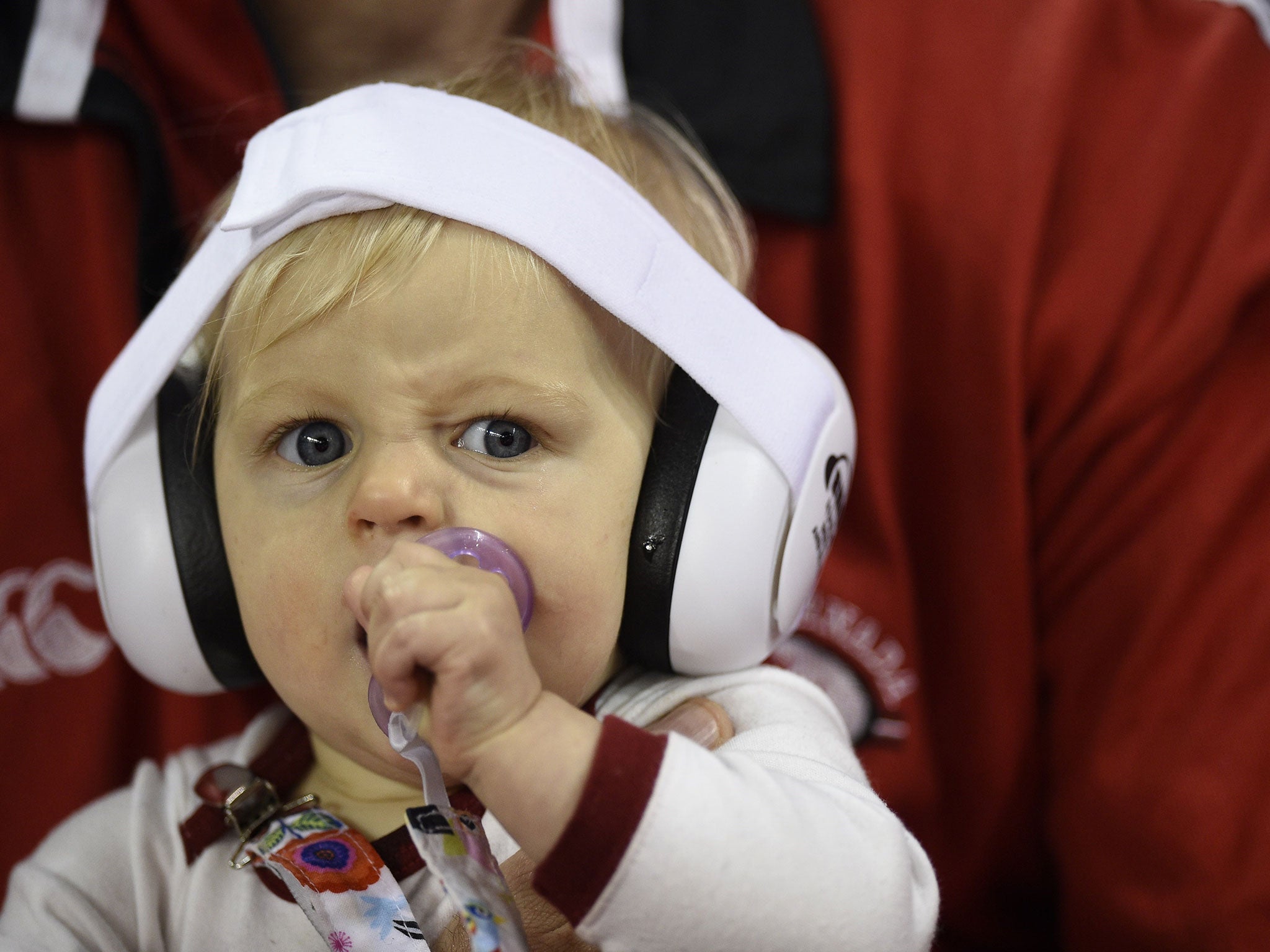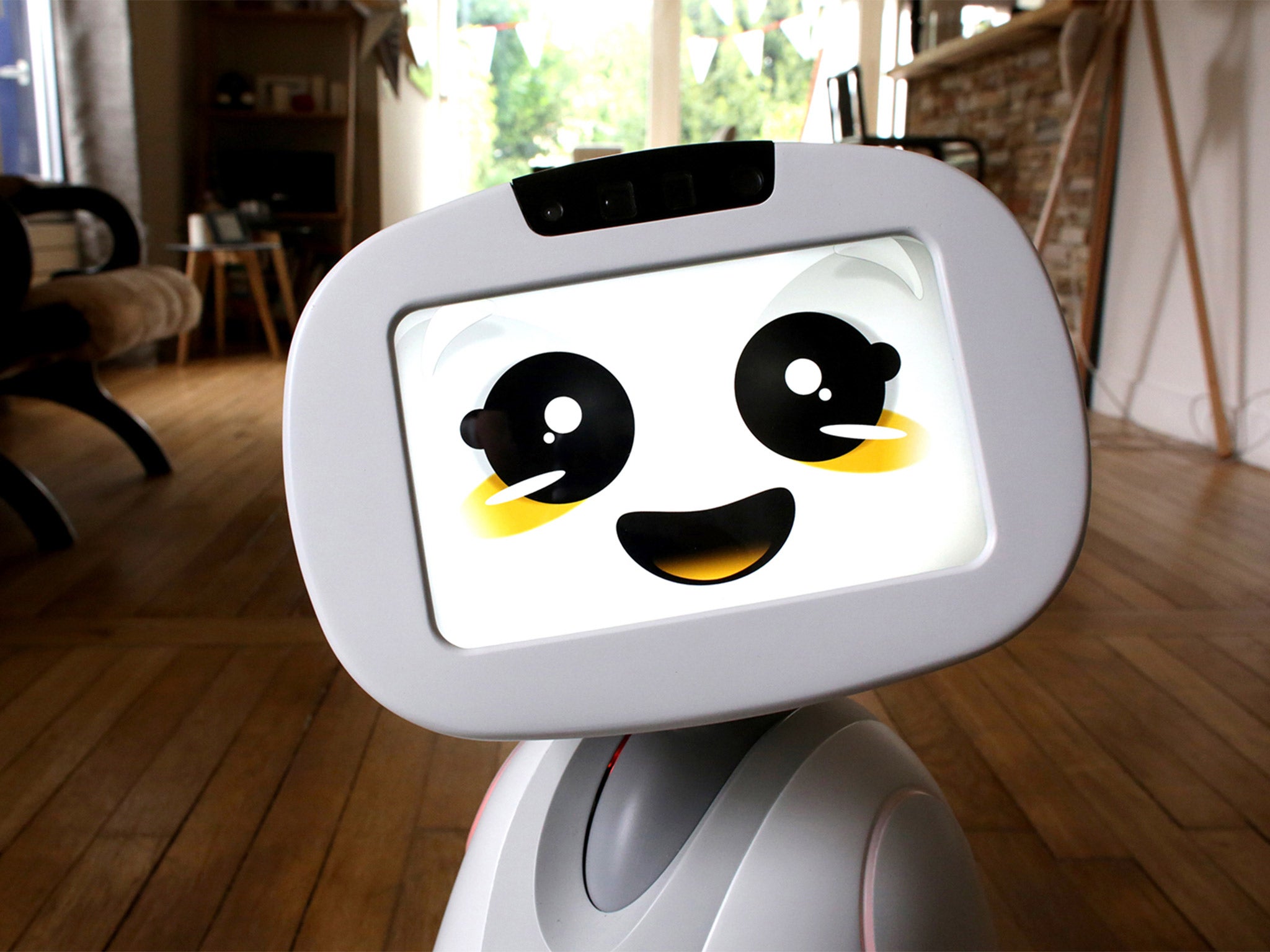Why stressed-out children are less likely to learn new things

Your support helps us to tell the story
From reproductive rights to climate change to Big Tech, The Independent is on the ground when the story is developing. Whether it's investigating the financials of Elon Musk's pro-Trump PAC or producing our latest documentary, 'The A Word', which shines a light on the American women fighting for reproductive rights, we know how important it is to parse out the facts from the messaging.
At such a critical moment in US history, we need reporters on the ground. Your donation allows us to keep sending journalists to speak to both sides of the story.
The Independent is trusted by Americans across the entire political spectrum. And unlike many other quality news outlets, we choose not to lock Americans out of our reporting and analysis with paywalls. We believe quality journalism should be available to everyone, paid for by those who can afford it.
Your support makes all the difference.Stressed-out toddlers who are placed in uncomfortable and unfamiliar circumstances are more likely to fall back on their habits and less likely to try new things, research shows.
The ability of 15-month-olds to learn is damaged when they are placed in stressful yet everyday situations – such as their parents leaving the room, a stranger sitting next to them, or a robot dancing around to loud music – according to the study.
Psychologists at two German universities found that the infants produce more of the ‘stress hormone’ cortisol when placed in such predicaments, leading to more conservative behaviour.

Experts already knew that this happens in adults but the German study, published in the journal PNAS, is the first show the same thing happens to young children.
Dr Sabine Seehagen from Bochum and Prof Dr Norbert Zmyj from Dortmund studied 26 infants, all 15 months old, half of whom had been placed under stress.
The latter group was less likely to explore unfamiliar ways of playing during a learning exercise, which involved pushing illuminated buttons.
Dr Seehagen said: “If infants are repeatedly exposed to stress and therefore don’t try out alternative behaviours, this may have a negative impact on their knowledge acquisition.
“This effect should be investigated in further studies in more detail.”
Join our commenting forum
Join thought-provoking conversations, follow other Independent readers and see their replies
Comments